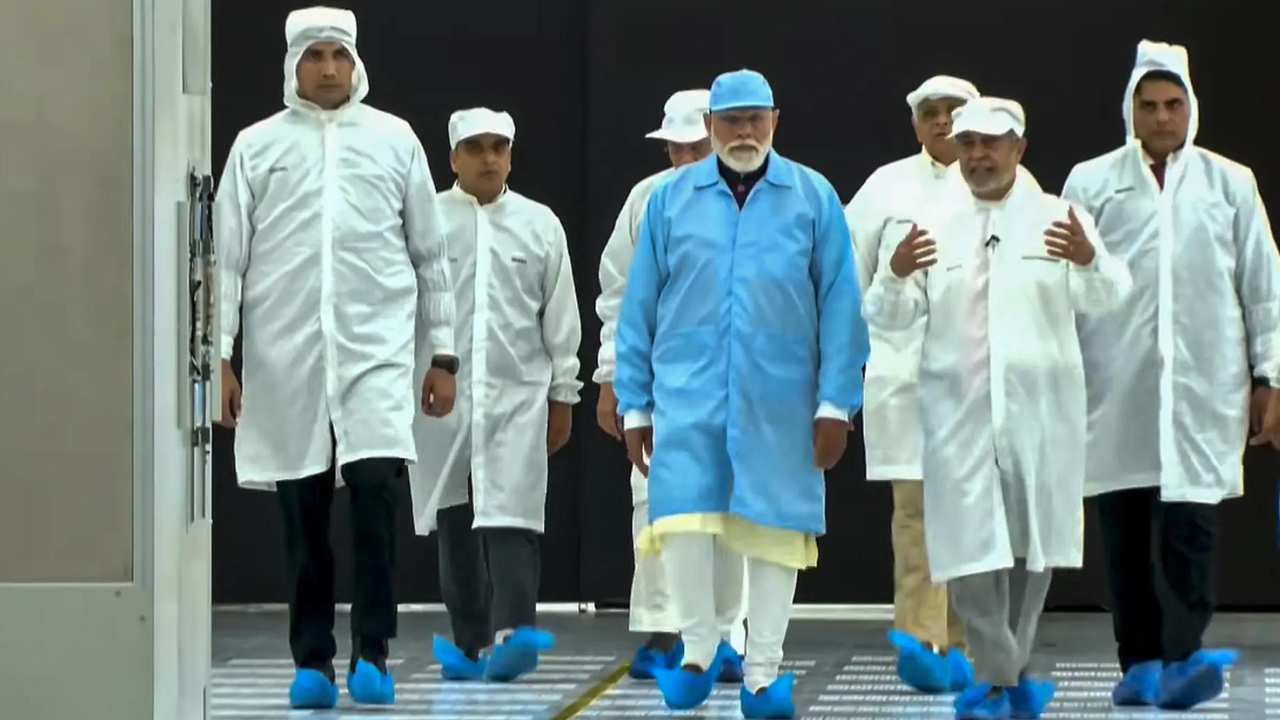Online Gaming Bill 2025: Gaming regulation shake-up puts billions in VC investment at risk; investors to figure out ‘what can be done next’

The central government’s ban on real-money gaming is creating challenges for venture capital investors, as startups valued at nearly $15 billion and having raised around $2 billion try to figure out their next steps.“We’ve made huge investments and are bound to face major capital losses… at this point though the efforts are towards finding out what can be done next,” a New Delhi-based venture capital investor, who has backed real-money companies, was quoted as saying by ET.“Real-money gaming companies, essentially, are consumer platforms with a large user base that can be leveraged for other offerings,” the investor said.WinZO, one of India’s top social gaming platforms, has removed all games affected by the new Online Gaming Regulation Bill, 2025. Following this, other major gaming companies have made similar moves. Dream11 has ended all paid contests to operate only as a free-to-play platform, and Games24x7 has halted real-money games on My11Circle.While Dream Sports, the parent company of India’s leading fantasy sports app Dream11, is piloting a wealth management product, WinZO Games is entering the US market and introducing micro-drama content.Dream11 has also informed the BCCI that it cannot continue as Team India’s title sponsor due to revenue losses, reported PTI.Global and domestic investors like Tiger Global, Z47, Think Investments, Peak XV Partners, and Malabar Investments have backed firms such as Dream Sports, MPL, Games24x7, and Zupee, all of which are now facing regulatory challenges.“These companies are going to be, not just for us, but for everyone, going to be very largely a write-off, because the business is shut effectively. They all have cash in the bank, because they made a lot of money,” Rehan Yar Khan, the managing partner of Orios Venture Partners, was quoted as saying by the Economic Times.“Since there was always a regulatory overhang over real money gaming, we took a very tiny experimental exposure. So, from the over Rs 2,000 crore that we manage, we invested only Rs 5 crore, that too across two funds in real money gaming,” he added.Nazara Technologies, the only publicly listed company exposed to real-money gaming, saw its market capitalization fall by Rs 2,164.9 crore last week following the government’s ban.Despite the challenges, some investors remain hopeful that the regulatory shakeout could spur innovation. “Most of the VC investors who have invested in gaming did not just come in for RMG. They believe in the long-term evolution of India’s gaming ecosystem. There are pivots and options these companies can explore, because gaming is still a very nascent industry in India,” one investor was quoted as saying by ET.Real-money games account for nearly 86 percent of India’s gaming revenue. The sector generates around Rs 31,000 crore annually, contributes Rs 20,000 crore in taxes, supports over two lakh jobs, and has drawn more than Rs 25,000 crore in foreign investment.In the Fiscal Year of 2023, Dream11 posted Rs 6,580.8 crore in revenue and Rs 443.6 crore profit, as cited by Tracxn, though its FY24 and FY25 results are pending. Games24x7 reported Rs 2,023 crore revenue with a Rs 199.6 crore loss in FY23, while Gameskraft earned Rs 3,521.4 crore revenue and Rs 947.8 crore profit in FY24, reported ET.





